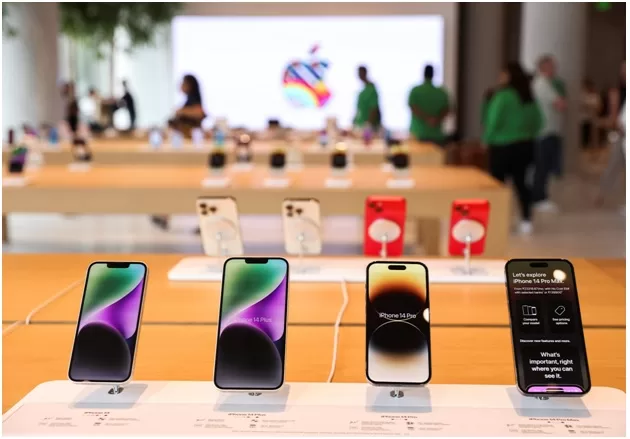Technology
Apple Urges India to Reconsider Charger Rules, Citing Production Impact

Highlights
- Apple’s concerns about local production targets in India
- Lobbying efforts for exemption or delay in adopting EU-like charging port rule
- Resistance to transition from proprietary lightning connector to universal USB-C
- Significance of India’s PLI scheme for electronic manufacturers, including Apple suppliers
- Impact on consumer preferences for older iPhone models in cost-conscious Indian market
- Compliance timeline with EU charging port rules and India’s targeted adoption
- Apple’s notable growth in India’s smartphone market share
- Anticipated influence on Apple’s production landscape and alignment with international standards
In a recent development, Apple has communicated to Indian authorities that its local production targets may face challenges if India aligns with the European Union’s rule requiring smartphones to have universal charging ports. The company is actively lobbying for an exemption or a delay beyond the proposed EU deadline.
Production Targets at Risk
Apple has expressed concerns that adhering to the EU-like rule on common chargers in India could hinder its ability to meet local production targets. This information surfaced in a closed-door meeting on November 28, chaired by India’s IT ministry.
EU Rule vs. Apple’s Lightning Connector
The EU proposes a universal USB-C charging port for smartphones, a move estimated to save consumers approximately $271 million and reduce electronic waste. Apple, known for its proprietary lightning connector, is resisting this shift.
Apple’s Request to India
During the meeting, Apple requested an exemption for existing iPhone models from the proposed regulations. The company argued that implementing the rule on earlier models would jeopardize its ability to fulfil production-linked incentive (PLI) targets.
PLI Scheme Significance
India’s PLI scheme, a key initiative by Prime Minister Narendra Modi, offers fiscal incentives to electronic manufacturers for investments and incremental phone sales. Apple suppliers, including Foxconn, have utilized this scheme to expand iPhone manufacturing in India.
Market Dynamics in India
India is considered a crucial growth market for Apple, with analyst Ming-Chi Kuo estimating a significant portion of iPhone production to come from India. The country accounts for 6% of India’s smartphone market share, a notable increase from 2% four years ago.
Consumer Preferences and Challenges
Indian consumers often prefer older iPhone models due to cost considerations. The push for a common charger on these older models could impact Apple’s market targets.
Compliance Timeline
While the EU’s charging port rules come into effect in December 2024, India aims for compliance by June 2025. Apple conveyed its ability to comply with the timeline if existing models are exempted but requested an 18-month extension if they are not.
Apple’s lobbying efforts in India underscore the challenges posed by global regulatory changes on the company’s established product design. The outcome of this negotiation will likely influence Apple’s production landscape in India and its ability to align with evolving international standards.
Note: Apple and India’s IT ministry have not provided comments on the matter as of the latest update.


















































